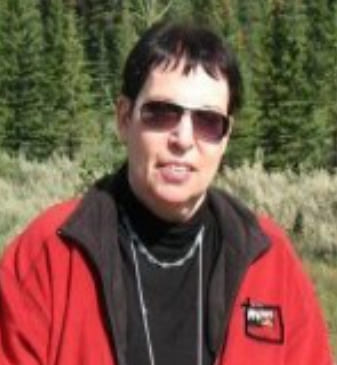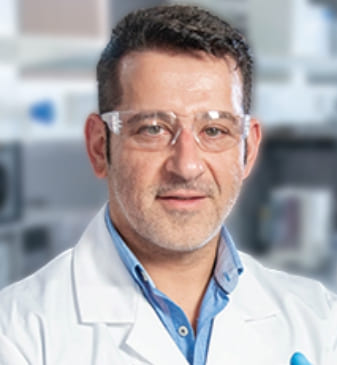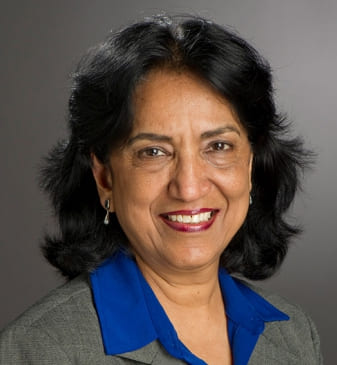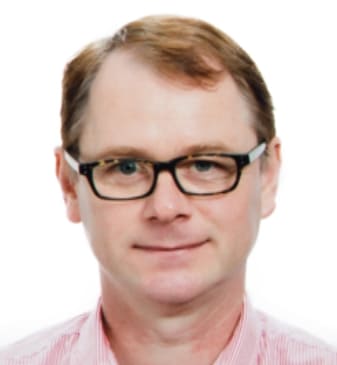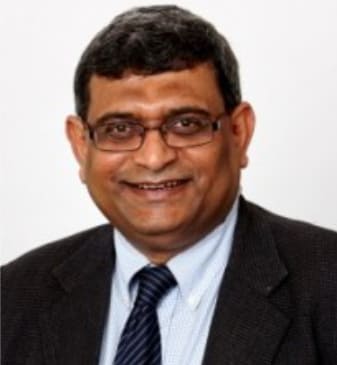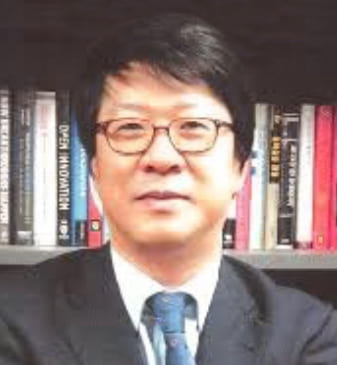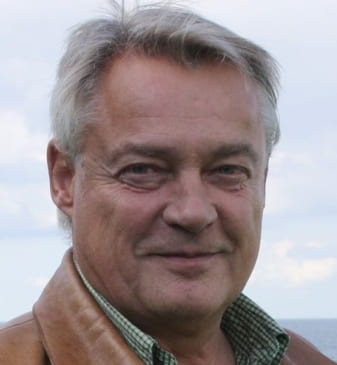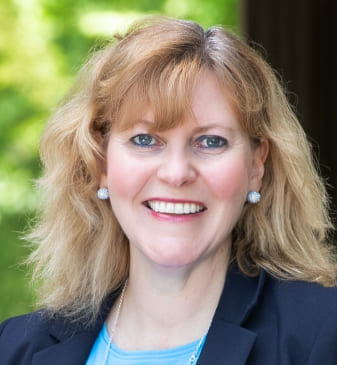
IAAM Medal
IAAM Medal is a prestigious international honour conferred by the International Association of Advanced Materials upon eminent researchers from the advanced materials community for their notable professional achievements.
The IAAM medal is awarded to those members of the community who have been involved in research for at least 10 years and have made a significant contribution to the field of Materials science, Engineering & Technology. IAAM makes an attempt to motivate such scientists and researchers and recognize their ground-breaking contributions. The association has been proudly recognizing excellence in Materials research and development. The IAAM Medal has been inspiring scientists and researchers to continue delivering scientific excellence.
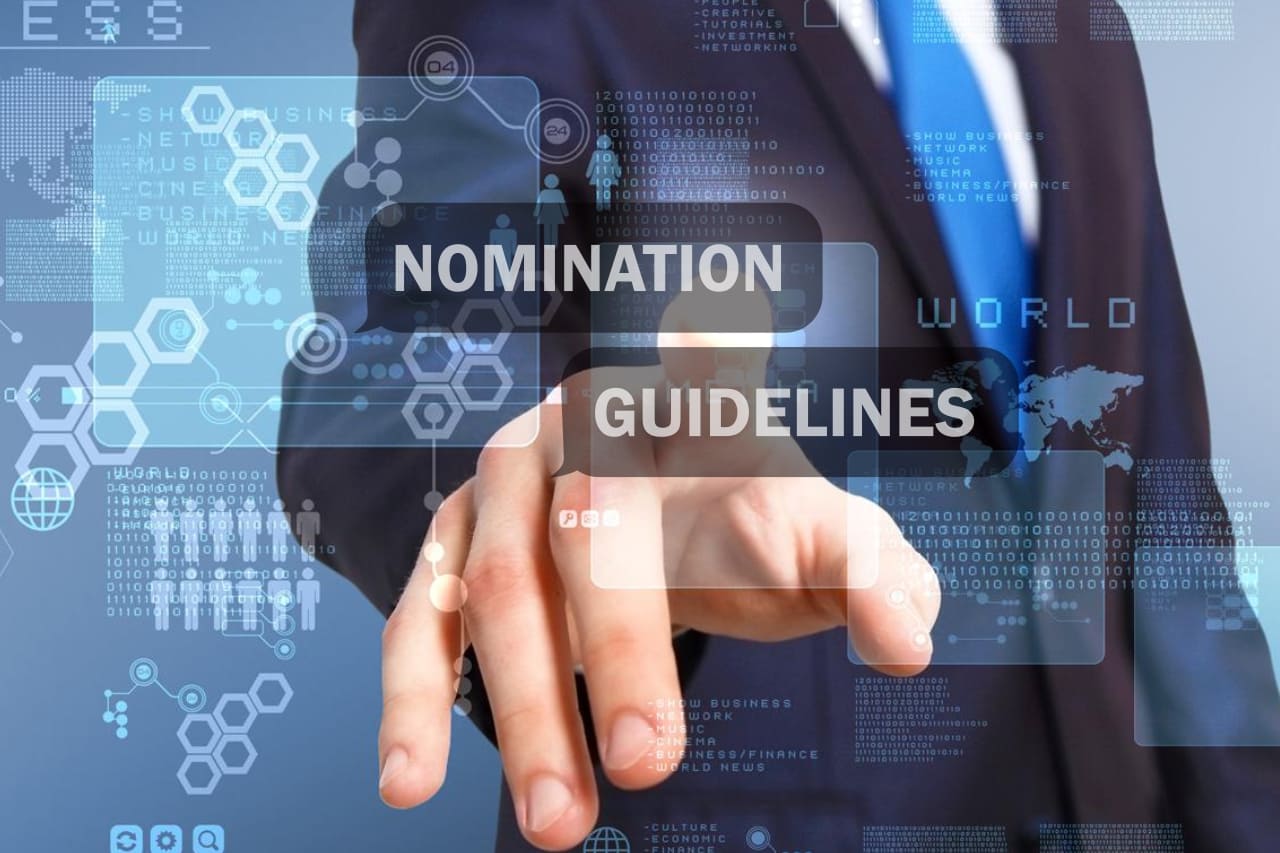
Nomination Guidelines
International Association of Advanced Materials invites top scientists in line with their scientific contributions to file their nominations along with updated CVs for the IAAM Medal. The nomination is open to all, including policymakers, government agencies, R&D organizations, scientific researchers/ professionals, students, and independent researchers who have made advancements and breakthroughs in the field of Advanced Materials Science, Engineering, and Technology. For detailed guidelines and rules regarding Eligibility and How to file nomination Click here
IAAM offers various honours and recognitions in the field of materials science, engineering, and technology to scientific researchers/ professionals, students, policymakers, government agencies, R&D organizations, and independent researchers around the world. The association catalyses advancement of materials to sustainable and green world by honouring the deserving minds on a regular basis.
The Title
IAAM Medal is the highest category of medal that IAAM confers upon deserving scientists and researchers. The deserving researchers who are short-listed for this medal are required to deliver the IAAM Medal Lecture as part of the online Advanced Materials Lecture Series or in an assembly of the Advanced Materials Congress. The lecture is recorded and published in IAAM’s Open Access Video Journal, Video Proceedings of Advanced Materials.
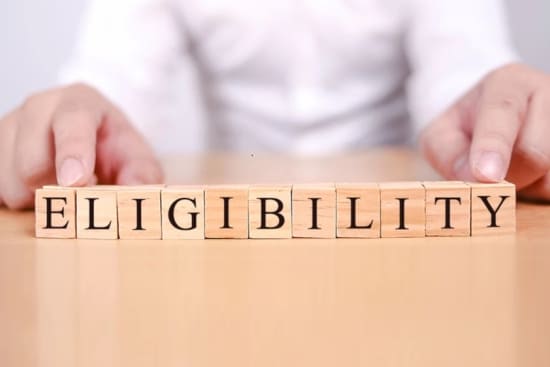
Eligibility
The IAAM Medals are presented to deserving individuals who have worked towards fostering and enriching the development of advanced materials by contributing outstanding research, innovation & technology in any field including, but not limited to, Physics, Chemistry, Biology, Engineering, Medicine, Atmosphere, Ocean, and Planetary Sciences. The association honours these researchers with the hope to recognize their rich involvement in the world of Materials and their valuable research contributions. Across the globe, any researcher who has at least 10 years of research experience engaged in multi-inter-transdisciplinary fields of materials with significant contributions in this field can be eligible for this honour. IAAM grants this honour without any consideration to age, gender, religion, race, ethnicity, background, or nationality.
Selection Procedure
Every year, IAAM carries out a review of the Research & Development contributed by individuals to Materials Science, Engineering, and Technology using well-known scientific databases. On the basis of the recommendations, IAAM calls upon the eminent scientific contributors for nominations of this medal. IAAM’s Scientific Committee is solely responsible for reviewing the nominations and selecting the researchers to submit their abstract for the IAAM Medal Lecture to be delivered either online in the Advanced Materials Lecture Series or in the Advanced Materials Congress. Upon submission, the lecture is delivered within three months of the date of endorsement.
